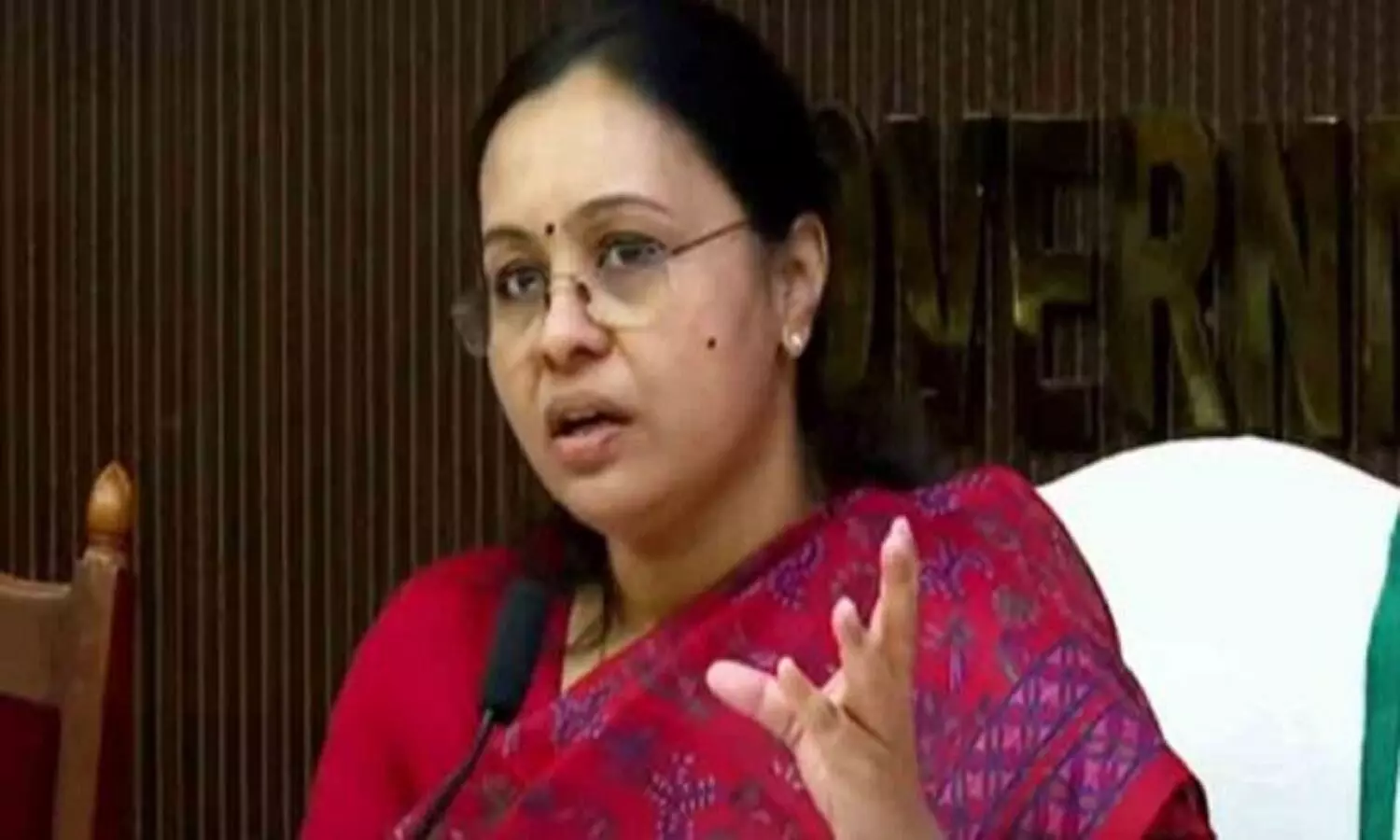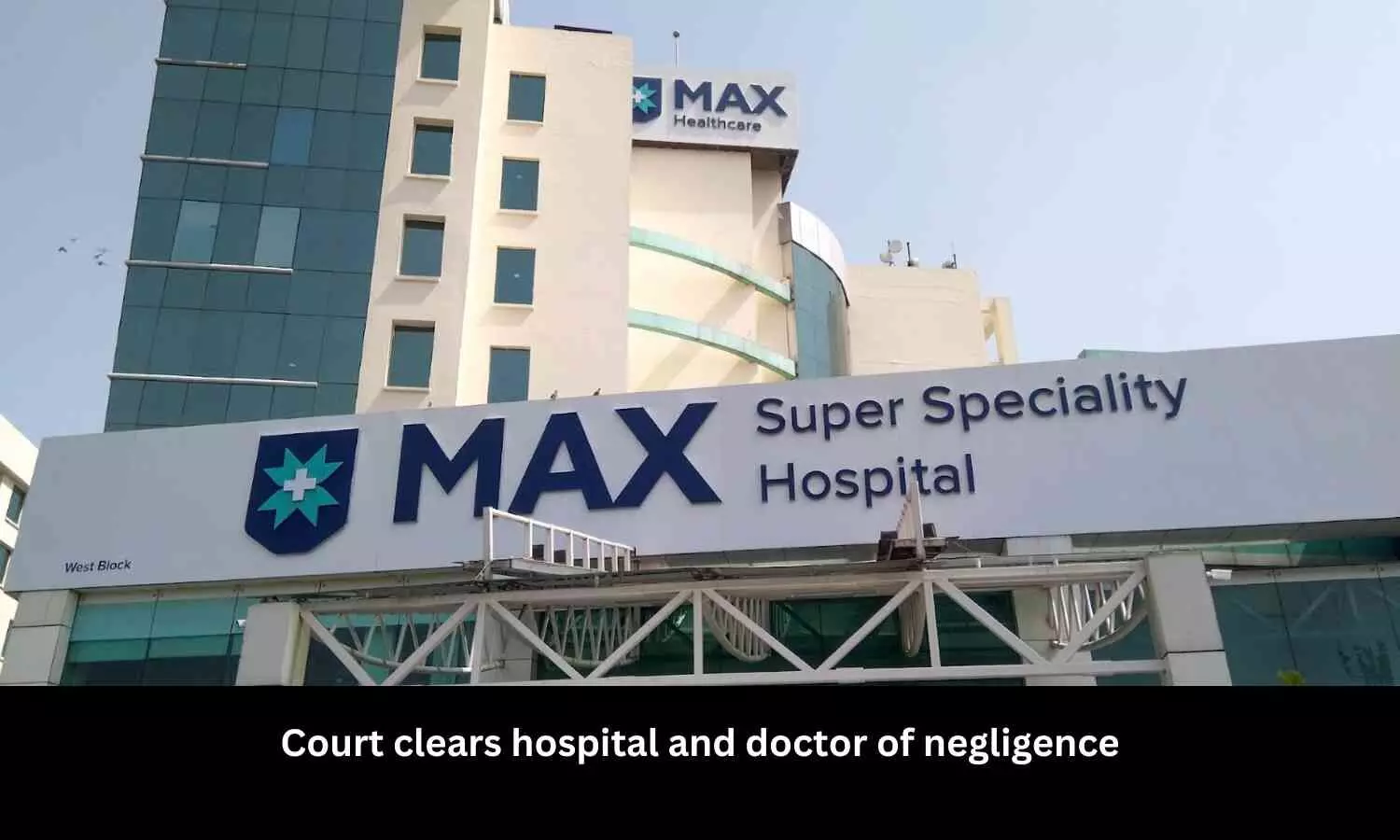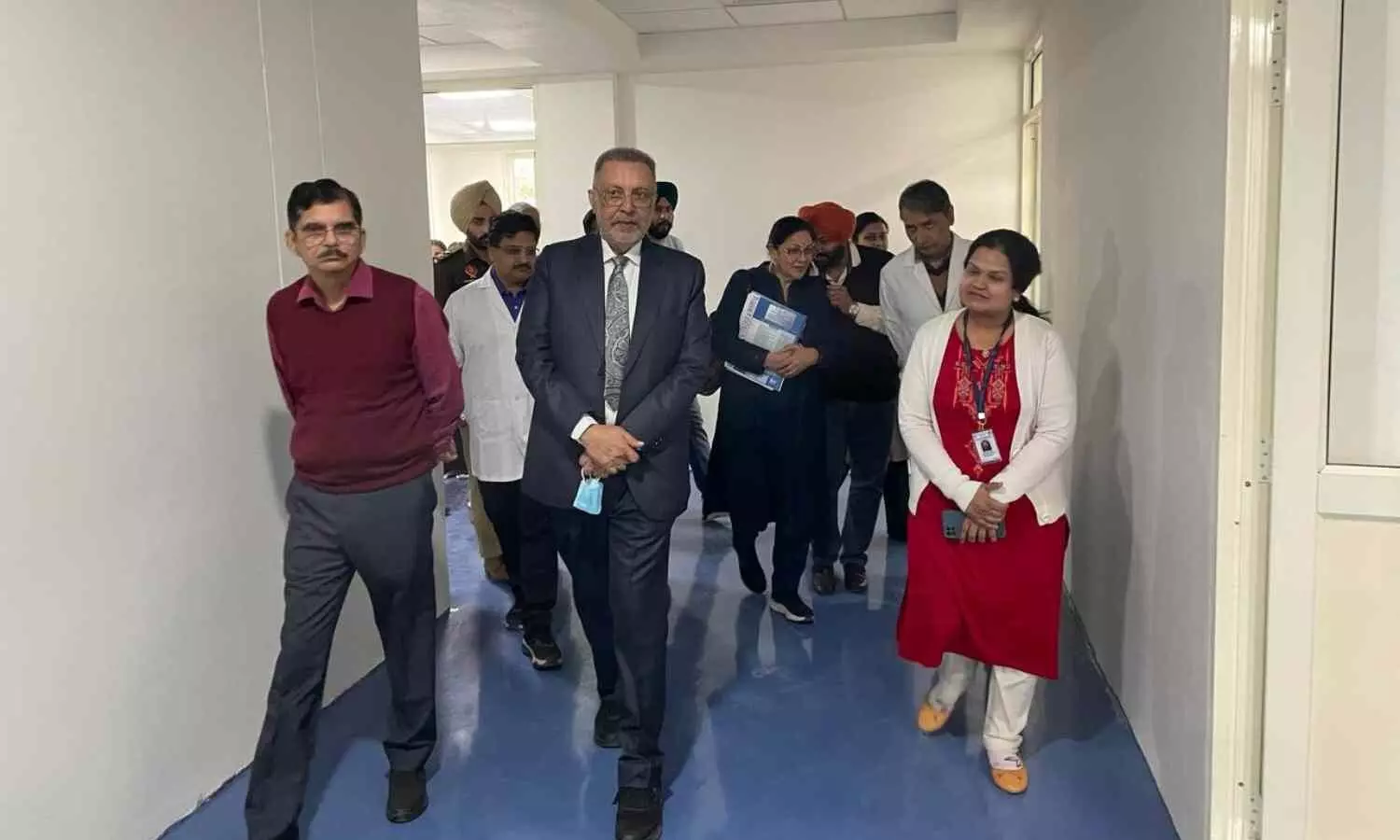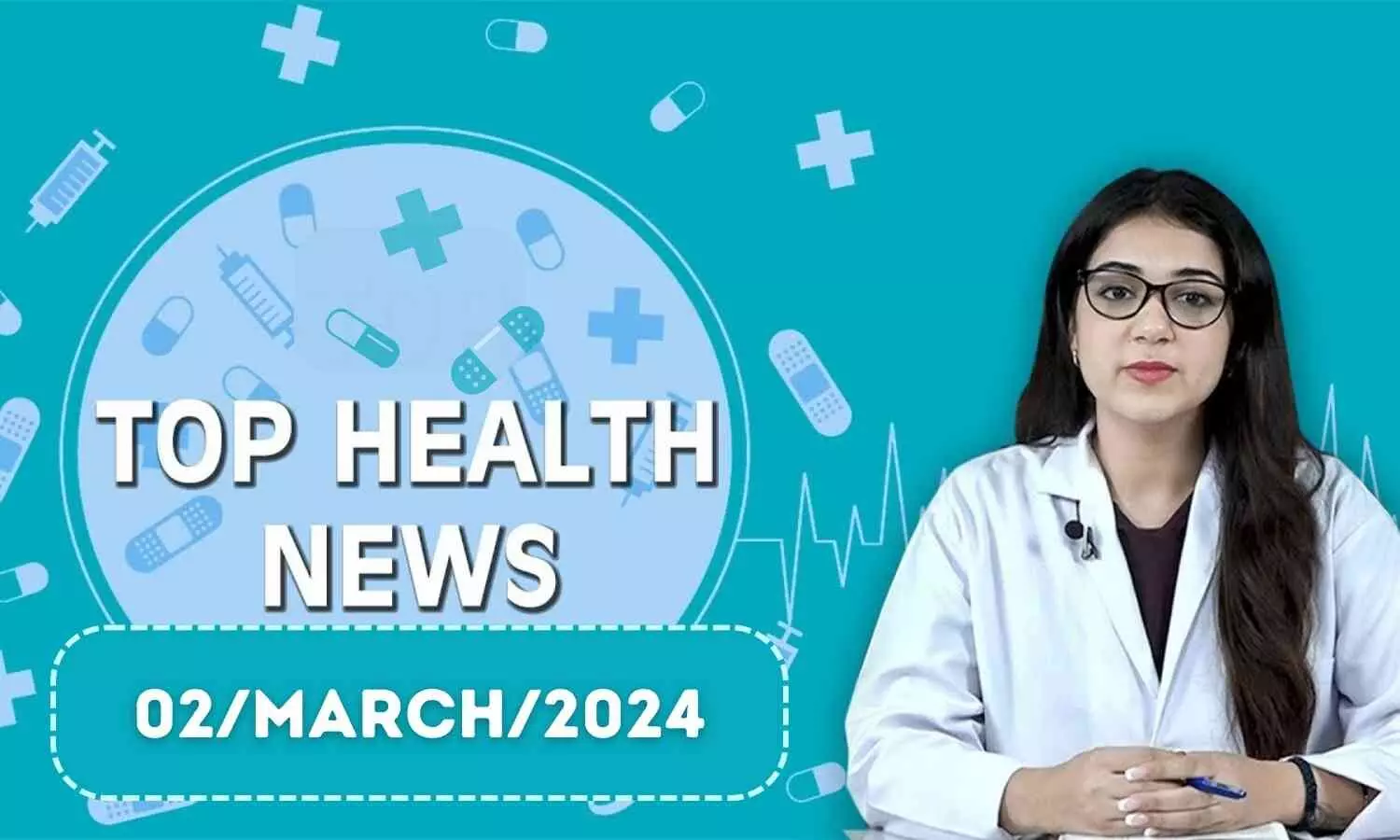Yoga, a holistic mind-body discipline, is gaining recognition for its role in the management of hypertension (HTN), a widespread health challenge characterized by elevated blood pressure levels. This condition, if left unmanaged, can lead to critical health complications.
The multifaceted approach of yoga, incorporating physical postures, breath control techniques, and meditation, offers a promising avenue for blood pressure (BP) regulation. As a complementary strategy alongside lifestyle changes and medical treatments, yoga offers a non-drug approach to mitigating the risks associated with high blood pressure.
The global health community is increasingly exploring the long-term benefits of yoga as part of a comprehensive strategy for hypertension management, emphasizing the importance of integrating lifestyle modifications for optimal health outcomes.
Research on yoga’s role in managing hypertension reveals its potential as a supportive therapy, capable of lowering both systolic and diastolic blood pressure in individuals with elevated levels.
This body of evidence, encompassing systematic reviews and randomized controlled trials (RCTs), suggests that yoga may offer significant benefits in blood pressure management when implemented alongside standard care or in the absence of other treatments, although its advantages over certain interventions like pharmacotherapy or conventional exercise vary.
The efficacy of yoga in blood pressure reduction appears to depend on the specifics of the yoga practice, with programs that integrate a broader spectrum of yoga elements—such as physical postures, meditation, and breathe control—tending to yield more pronounced benefits.
However, not all studies find yoga to outperform other lifestyle interventions, highlighting the need for further research to clarify its unique contributions to hypertension management.
Yoga’s potential to be incorporated into routine primary healthcare for hypertension has been demonstrated, particularly through interventions led by health professionals. These programs have shown success in reducing blood pressure, suggesting a practical model for yoga’s integration into broader health strategies.
The physiological mechanisms underlying yoga’s impact on blood pressure involve the modulation of stress responses, enhancement of parasympathetic nervous system activity, and adjustments in baroreceptor sensitivity. Evidence points towards the calming effect of yoga on the sympathetic nervous system and the hypothalamic-pituitary-adrenal axis as key factors in its efficacy.
Despite the heterogeneity in yoga practices and the varying quality of research, there is a consensus that yoga can be beneficial for both normotensive and hypertensive individuals.
Yet, due to this variability, specific yoga recommendations for hypertension treatment remain to be determined.
Yoga interventions that emphasize breathing and meditation, especially when practiced regularly, are linked with greater reductions in blood pressure. Such practices, particularly Hatha yoga, have been found beneficial across different age groups, with meditation showing notable effectiveness in older adults and yoga in younger populations.
Beyond blood pressure control, yoga has been associated with improvements in other cardiovascular health markers, mental health, and overall quality of life, underscoring its value as a multifaceted intervention for hypertension.
Notably, yoga therapy, when combined with dietary changes or biofeedback, has demonstrated enhanced effectiveness, further supporting its role as a comprehensive and complementary treatment option without adverse effects.
Yoga presents a promising adjunct therapy for hypertension, characterized by its ability to lower blood pressure and improve general health, the need for more rigorous and conclusive research remains to delineate its full potential and optimal application in hypertension care.
The compilation of studies suggests yoga as an effective supplementary approach for blood pressure reduction among individuals with hypertension. It appears that the most significant advantages are linked to a holistic yoga regimen that incorporates physical postures, breathing techniques, and meditation or mental relaxation, especially with regular practice.
Despite supportive evidence for yoga’s role in lowering blood pressure, there remains a need for further high-caliber research to identify the yoga practices most beneficial for hypertension care.
Yoga offers a non-medical strategy for hypertension management, with research indicating its potential in decreasing both systolic and diastolic blood pressure levels. The integration of breathing exercises and meditation/mental relaxation within yoga routines may amplify its anti-hypertensive benefits.
While practicing yoga alone has its merits, augmenting it with additional lifestyle adjustments, such as improved nutrition, can lead to more substantial reductions in blood pressure. Current research advocates for incorporating yoga into clinical hypertension treatment guidelines, promoting a comprehensive approach that emphasizes treating the individual holistically.
Disclaimer: The views expressed in this article are of the author and not of Medical Dialogues. The Editorial/Content team of Medical Dialogues has not contributed to the writing/editing/packaging of this article.








